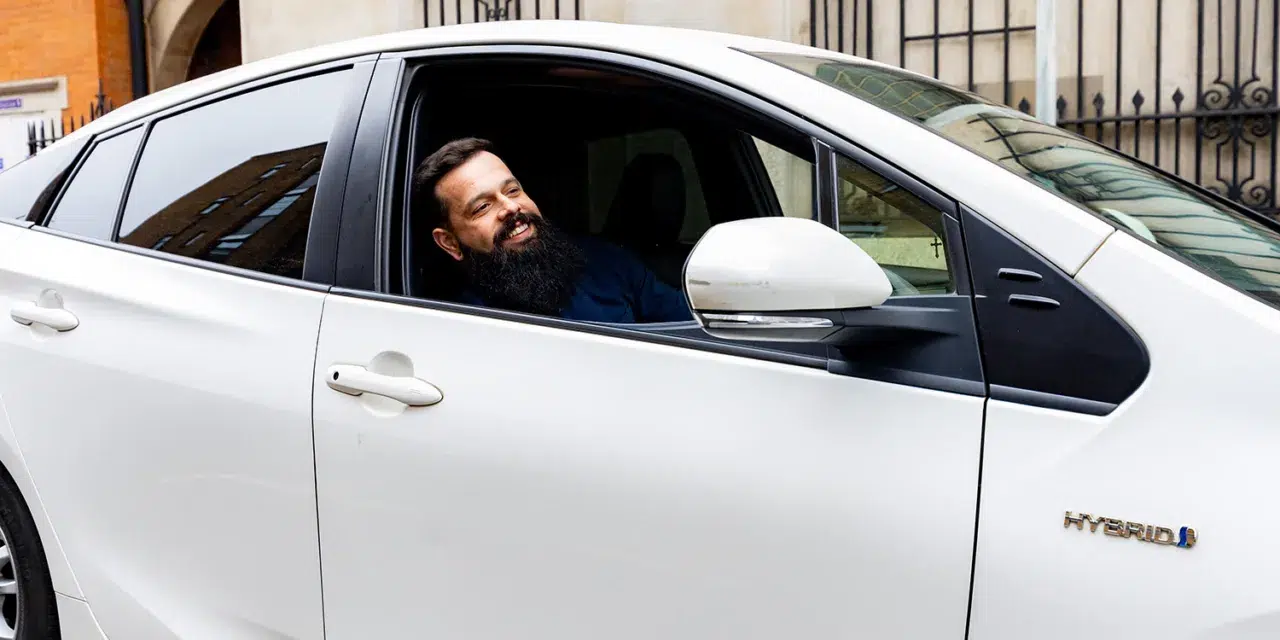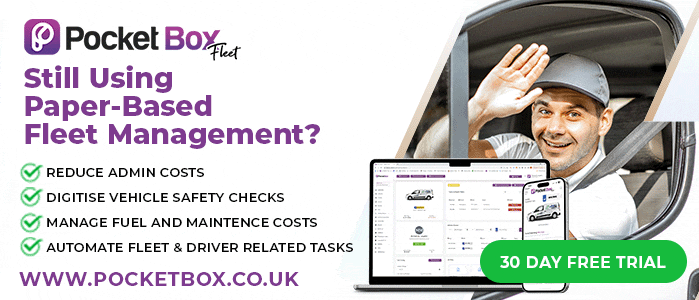The UK’s private hire vehicle (PHV) industry is currently grappling with several challenges. HMRC has interpreted recent court rulings as meaning that all private hire vehicle fares need to have 20% VAT added on and this increases the pressure on the sector, which is already dealing with rising fuel costs, increased competition, and a decline in driver numbers.
According to Gov UK, although we are witnessing a steady rise in the number of drivers operating in England, we still have not recovered from the COVID-19 pandemic, with 26% fewer drivers in 2022 than in 2020.
The application of the 20% VAT rate on all private hire rides leads to major issues, including fewer job opportunities, lower investment, and price hikes for passengers, which unfortunately hits the most vulnerable.
There’s a lifeline – a lower VAT rate that would not only benefit drivers and passengers but also boost investment and create more jobs in the sector. It’s time for the government to shift gears and give the industry a fighting chance.
Advertisement
A Threat to Drivers and Passengers Alike
The way VAT is applied has a huge and direct impact on passengers and drivers, who are already feeling the pinch from the cost-of-living crisis. FREENOW’s dynamic pricing modelling indicates that 20% price increase in minicab fares would price out many passengers and lead to 20-25% drop in demand and a similar drop in the driver earnings. There are more than 200,000 PHV drivers in the UK, such a drop in demand on the industry level would mean an outcome on the spectrum from 40,000 job losses to 20% loss in average wage. Fewer drivers would have a ripple effect on customer service, resulting in longer waiting times or difficulties in getting a cab.
In addition, this VAT rate change disproportionately affects vulnerable individuals for whom private hire vehicles are essential for trips such as going to work or medical appointments or getting home safely at night. Passengers with disabilities rely on taxis and private hire vehicles 55% more than those without, according to new government research released by the Department for Transport (DfT).
Government data has suggested that this level of VAT could lead to a decline in usage, as passengers may seek alternatives, even if they are not feasible or safe options. This will decrease investment in the industry, ultimately affecting passengers who rely on these services.
Night Time Economy at Risk
The local night-time economy, which relies heavily on private hire vehicles, would suffer significantly from 20% VAT. Higher prices for passengers could lead to a decrease in demand, ultimately hurting businesses that rely on private hire vehicles to transport customers and employees. According to the NTE Report 2023, the night-time industry contributes £93.7 billion to the UK economy and is still trying to reach pre-covid figures of £116.1 billion. HMRC’s current interpretation of how VAT should be applied will put a halt to this growth and even lead to a decline in trade, threatening all of those employed in the industry.
More than a quarter (27%) of the UK workforce (roughly 8.7 million people) were classed as night-time workers in the UK and there is no doubt this industry has felt the economic strain. According to Music Venue Trust, the body charged with protecting and securing the country’s music venues, 125 venues closed in the last year alone. The VAT introduction on all rides could jeopardise these jobs, leading to long lasting effects throughout the entire economy. To support this industry, FREENOW is pledging £1 per ride to help save the UK’s live music venues.
A Lower VAT Rate: A Win-Win Solution
Advertisement
Instead of the current HMRC interpretation – 20% VAT applicable to all private hire vehicle rides – a lower VAT rate can stimulate growth, promote jobs, and keep fares affordable for consumers. The increased competition and investment triggered by a lower VAT rate would also drive innovation, improve service quality, and enhance customer experience.
Furthermore, a lower VAT rate would align with the government’s environmental goals, by promoting the use of electric or hybrid vehicles. Continuing to incentivise private hire vehicle and taxi drivers to join the industry as well as offering Go Electric schemes, will support the industry on its course towards significantly lowering emissions in our biggest cities. The proposed increase in VAT finds itself at odds with broader UK government targets to achieve net-zero carbon emissions by 2050. The proposed tax levy on drivers will jeopardise any future investment in the sector, putting families and jobs at risk.
Revitalising Private Hire Economy
Private Hire Vehicle drivers play a key role in the overall transport system and the local economy. If we look at other transport modes, such as buses, trains, or even ferries, canal boats or limousines, they are all zero-rated. The private hire vehicle service must not be regarded as a luxury for the purposes of VAT.
By adopting a lower VAT rate, the government can create a win-win situation where everyone benefits. Drivers will see increased take-home pay, passengers will enjoy more affordable fares, and the industry will attract investment, creating jobs and driving innovation. It’s time for the government to reverse gear and implement a progressive VAT rate to secure a brighter future for all involved.













